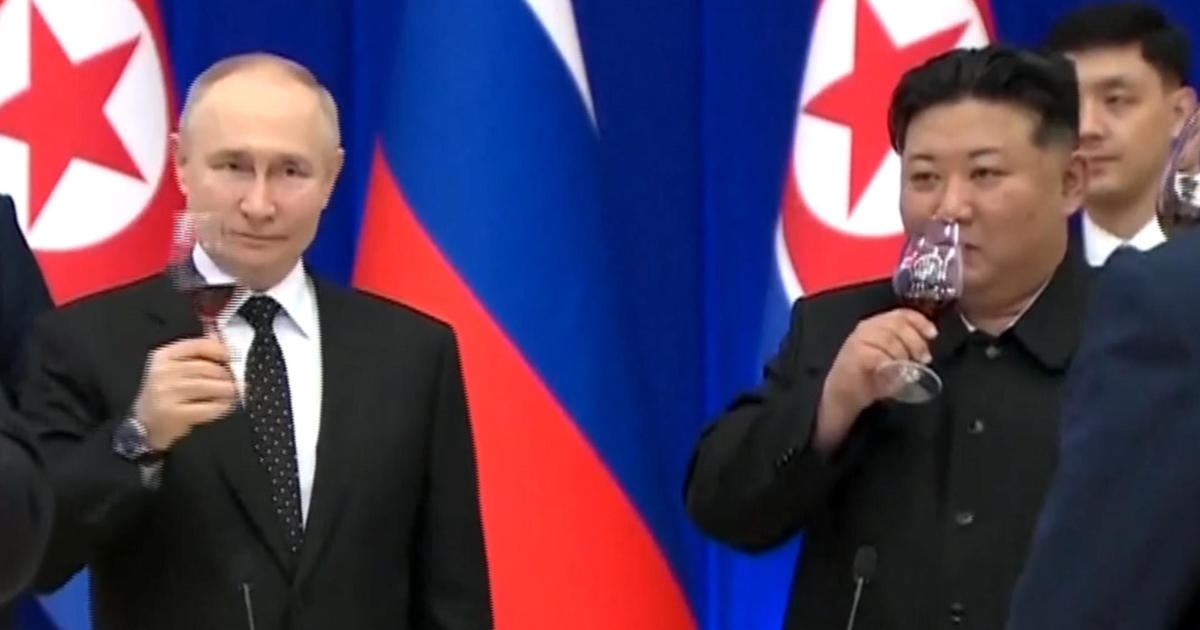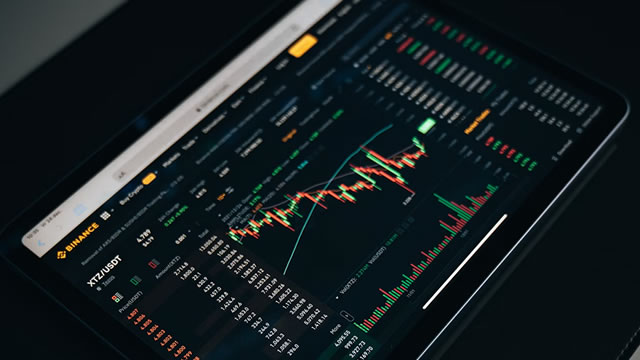Putin and Kim Jong Un Sign Agreement Amid Growing Tensions
The New Agreement
During Russian President Vladimir Putin’s carefully choreographed visit to North Korea, Putin and North Korean leader Kim Jong Un announced Wednesday that they had signed a new agreement that calls for “mutual assistance in the event of aggression” against either of their countries. The move set alarm bells ringing in Washington and beyond. Imtiaz Tyab reports…
Rising Tensions
The signing of this new agreement comes at a time of heightened tensions between North Korea and the United States, as well as between Russia and the West. Both Putin and Kim Jong Un have been seeking to assert their countries’ influence on the world stage, and this agreement is seen as a way to bolster their positions against their common adversaries.
This development is significant because it signals a deepening of ties between Russia and North Korea, two countries that have historically had a complicated relationship. By coming together to sign this agreement, Putin and Kim Jong Un are sending a strong message to the international community that they are united in their resolve to protect their interests.
Implications for the United States
For the United States, this new agreement between Russia and North Korea is a cause for concern. It could potentially complicate efforts to denuclearize North Korea and increase tensions in the region. The United States has long viewed both Russia and North Korea as threats to its national security, and this new alliance only serves to reinforce those perceptions.
Furthermore, the timing of this agreement is significant, as it comes at a time when the United States is engaged in a trade war with China and facing challenges from other geopolitical adversaries. The United States will need to carefully navigate its relationships with Russia and North Korea in order to avoid further escalation of tensions.
Global Impact
The signing of this agreement between Russia and North Korea is also likely to have a broader impact on the global stage. It could change the dynamics of international relations and force other countries to reassess their alliances and strategies. The growing alliance between Russia and North Korea is a clear sign that the world order is shifting, with new players emerging as major players in global politics.
Countries around the world will need to adapt to this new reality and consider how to respond to the changing geopolitical landscape. The implications of this agreement are far-reaching, and it will be important for policymakers and leaders to carefully consider the consequences of this new alliance.
How This Will Affect Me
As an individual, the implications of the new agreement between Russia and North Korea may not have an immediate impact on your daily life. However, it could lead to increased tensions on the world stage, which may have indirect effects on global security and stability. It is important to stay informed about international developments and to consider how they may impact your own country and region.
How This Will Affect the World
The new agreement between Russia and North Korea is likely to have far-reaching consequences for the world. It could shift the balance of power in international relations and force other countries to reassess their alliances and strategies. The growing alliance between Russia and North Korea is a clear sign that the world order is changing, and it will be important for policymakers and leaders to adapt to this new reality.
Conclusion
In conclusion, the signing of the new agreement between Russia and North Korea has significant implications for global politics and security. This alliance is likely to increase tensions in the region and force countries around the world to reconsider their strategies. It is important for policymakers and leaders to carefully assess the consequences of this new development and to work towards maintaining peace and stability in the face of changing geopolitical dynamics.





